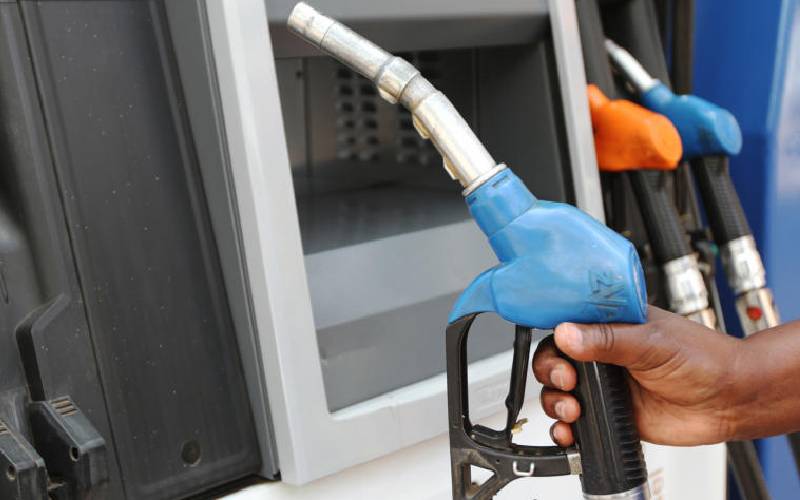×
The Standard e-Paper
Join Thousands Daily

Fuel pumps at a petrol station in Nairobi February 18, 2021.[Elvis Ogina,Standard]
Petroleum and energy authorities have in the recent past failed to stick to their rules when determining local pump prices - rekindling questions as to whether the formula has been abandoned.